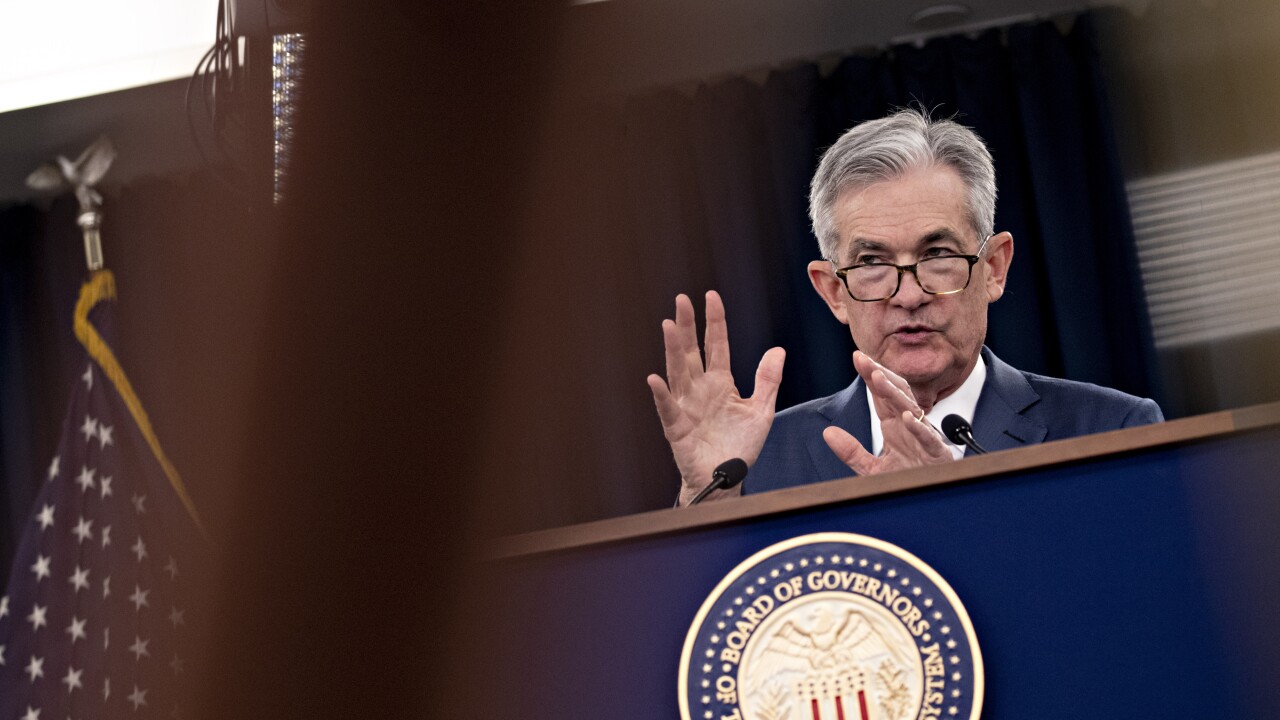Central banks are releasing trillions of dollars to bolster economies through the coronavirus pandemic, giving rise to a pair of trends that could push merchants and consumers to embrace digital currencies as a mainstream payment alternative.
The governments’ moves have both economic and habit forming fallout. Central bank digital currencies—or “digital dollars”—encourage digital payments and overall adoption of mobile wallets as smartphones become a primary way of moving money for more people. Quantitative easing creates potential inflation, which would draw attention to cryptocurrencies such as bitcoin, potentially moving merchants and consumers off the fence.
London-based fintech Revolut, which has its roots as a digital payments company, has been quickly expanding geographically and growing its product line as it inches closer to banking. Part of that growth includes accelerating plans to support cryptocurrencies.
Revolut is making crypto support standard for its base of about seven million consumers instantly, as opposed to gradually mainstreaming support through the end of 2020. Revolut, which previously offered cryptocurrency support as a premium feature, did not return a request for comment, but cryptocurrency blogs such as

If there are quick changes in currency valuation, the argument that cryptocurrency is more volatile than traditional currency suffers, removing a disincentive for economically pressured merchants to accept crypto.
Central bank digital currencies and public wallets would also create a base of users that are accustomed to digital money, either government or non-government.
“The coronavirus pandemic will spur renewed interest in cryptocurrencies by central banks, banks and specialists,” said Eric Grover, a principal at Intrepid Ventures, adding the government will likely remain the primary source of broader digital currency growth through CBDCs. “Bank-issued digital currencies backed by dollars, pounds or euros, like banknotes of the past, would be a promising, perhaps the most promising path, to widespread adoption of digital currencies.”
While regulators will still take a close look at cryptocurrencies, the backlash Facebook's Libra has faced from central governments and political leaders could also ease, given the severity of the health and economic crisis, according to Grover.
“Washington might be less hostile to Facebook’s Libra,” Grover said, adding financial institutions such as Signature Bank and Chase have issued digital dollars for B2B payments and
Non-bank digital currencies come with challenges, even in the current environment. Security is a primary concern, according to Tim Sloane, vice president of payments innovation at Mercator Advisory Group.
“The only thing a blockchain does is prevent double spend and maintain an immutable ledger of transactions,” Sloane said, adding if the mobile wallet retains the bitcoin private key, the wallet needs to be secure and trustworthy. “Since the bulk of all bitcoin is acquired as a market asset, like all market assets it can be manipulated by those that have a sufficiently large holding.”
The boost for cryptocurrency payments may be more long-term than immediate, according to Brad Robertson, founder and CEO of Polyient Labs, adding bitcoin was created in part out of frustration with central bank easing following the 2008 financial crisis.
“If the current crisis boosts anything, it will be greater demand for blockchain technology because there will be an increased demand for the speed, transparency and efficiency blockchain offers — especially as businesses are forced to re-evaluate the many weaknesses we now see in global supply chains,” Robertson said. “In the long run, this renewed interest in blockchain will indirectly support the acceptance of the many cryptocurrencies on the blockchain."





